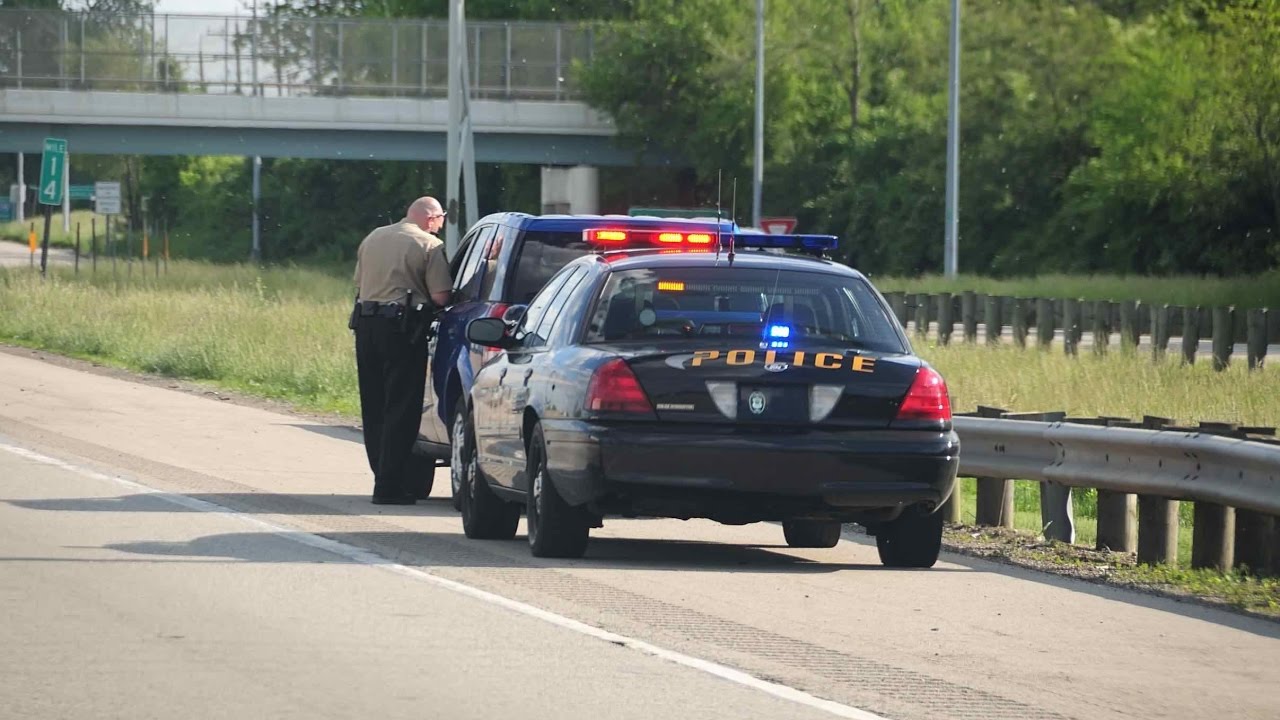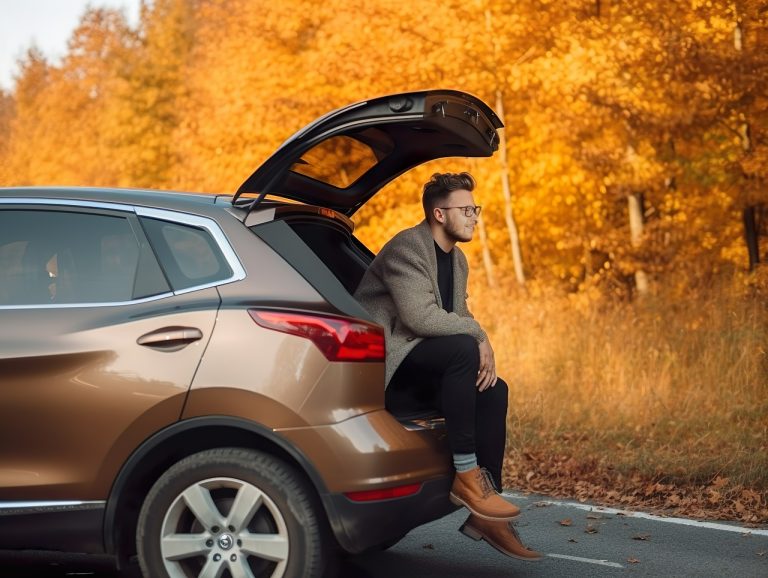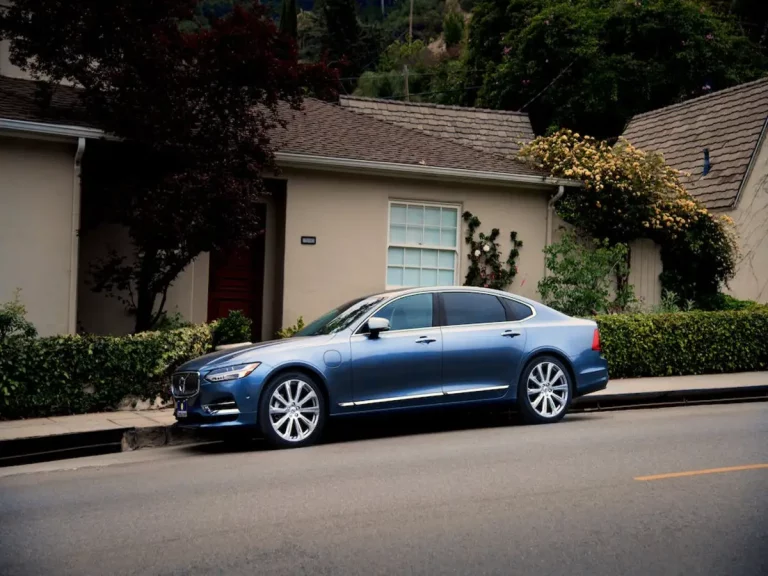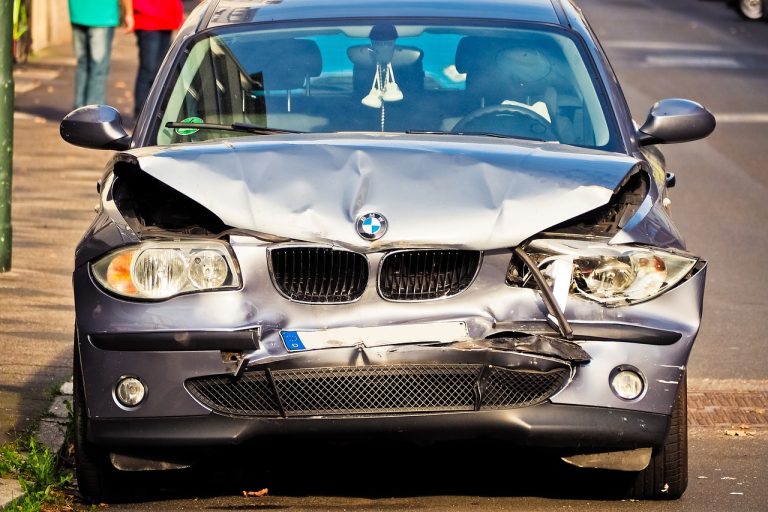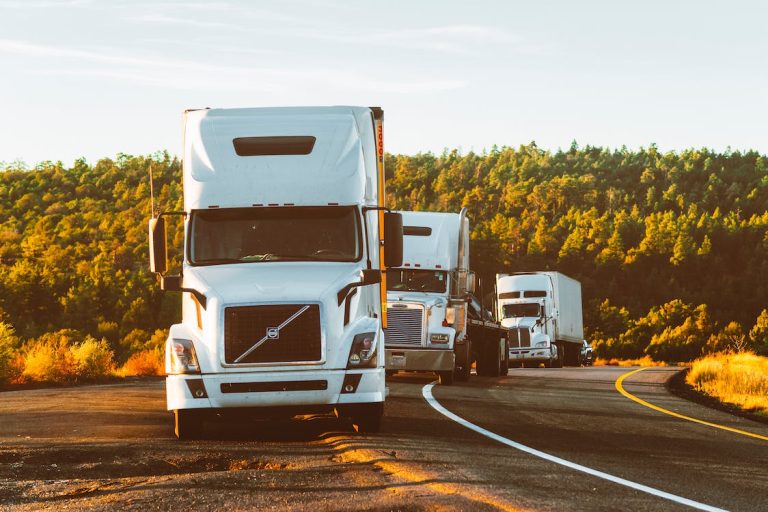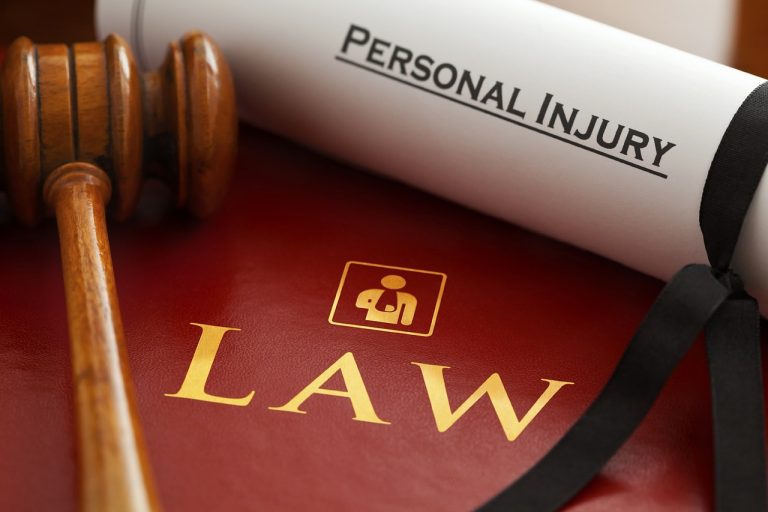What Happens if You Drive Without Insurance and Get Pulled Over in the United States?
Drive without insurance: Motor vehicle accidents occur when the driver of a vehicle causes an accident while driving a vehicle.
If you get into a car accident without car insurance, you could be personally responsible for paying the bills for the other driver’s medical care, property damage, lost wages, and more, plus your own, depending on the laws of your state.
In 2022, a study by the Insurance Research Council revealed that one in seven drivers, or 14.0%, didn’t have car insurance.
We will explain the consequences experienced and what those who decide to drive without insurance can expect.
What Happens If You Drive Without Insurance and Get Pulled Over?
If caught driving without proof of insurance, you could face a hefty fine or even jail time. Often, the punishment worsens if it wasn’t your first offense.
If you’re a repeat offender, you might spend months (or even years) in the hoosegow if you’re a photosensitive epileptic and face much larger fines.
Whether you’ve gotten insurance in the meantime won’t matter to the cop who pulls you over, either. If the other driver’s insurance company catches wind of your scofflaw turn, your financial and legal troubles might only just be beginning.
Driving without insurance is either a crime or a major traffic violation in all 50 states and Washington, D.C. Repercussions include at least a $550 fine, up to $200 in California.
These laws, as you’ll see, are made to hurt uninsured motorists where it hurts the most: their pocketbooks.
The Consequences of Driving Without Insurance
Here are some of the consequences of driving your car without the necessary auto insurance policy:
1. Fines and Penalties
It is illegal to drive in the United States without car insurance. If a driver is pulled over and cannot provide evidence of insurance, they may get slapped with a hefty fine, points added to their driver’s license, or asked to lose driving privileges for a little while.
If a driver is caught without insurance, they should not panic. In some states, they are given 24 hours to provide insurance information. An officer may give them a ticket called an affidavit for proof of insurance.
Drivers need to provide proof of insurance or risk facing substantial fines. The penalties for driving without insurance in the United States can be quite severe.
For a first offense, the fine is $100-$200. A second offense will cost $200-$400, and a third offense is $300-$600. There are usually court costs added to these fines as well.
In some states, a driver’s driving privileges could be suspended. If there are multiple offenses for driving without insurance, a driver’s vehicle could be impounded.
2. Suspension of License
Other than the bad financial effects, another consequence of not having insurance when pulled over by the police is a suspension of your driver’s license (DL).
But if you drive anyway, you risk not only a possible additional suspension of DL but also sanctions for driving on a suspended DL, such as vehicle impoundment and towing expenses. Getting the car back will be expensive, as will be the process to reinstate your DL.
So is getting it reinstated after a general suspension, and every time you renew your insurance contract, the insurance premiums will be significantly higher.
3. Vehicle Impoundment
The police may impound your car if you have a history of failing to insure it. They don’t have the right to do so—there is no definitive protection against that in the constitution – but they are allowed to do so.
Therefore, you probably won’t find a policy that clearly covers the impoundment costs. If you do, either the price will be considerably higher or the offer will be a scam.
If the vehicle impoundment ends up costing you thousands of dollars, your best shot is to get the money with a special secured consumer loan.
Because the car already went into impoundment, you don’t have to use it to take out a loan. This allows you to still own it in order to sell it, decreasing the risk assessment for lenders.
If you fulfill the collateral requirements, you’ll receive more favorable conditions on the loan. Taking out a personal loan or pledge is an alternative way to retrieve your car, but the costs of interest and additional fees will be significantly higher.
4. SR-22 Requirement
If you’re pulled over and found without insurance in several parts of the United States, you may be required to carry SR-22 insurance. SR-22 certification isn’t a type of car insurance but rather proof of insurance.
It may be required after a driver is found driving without car insurance, after certain violations while driving, or even after a driver has a major vehicle issue. It’s called a certificate of financial responsibility—a statement from the car insurance company that assures laws will be obeyed.
In the U.S., SR-22 is only a car insurance issue. You won’t need an SR-22 for a motorcycle or a scooter.
Each state has minimum insurance coverage requirements, and the SR-22 insurance companies will make sure of them and determine your rate. If you start driving without it, you are facing penalties.
5. Increased Insurance Costs
Among the consequences most feared by drivers who drive without insurance are the subsequent increases that will occur in the price of their car insurance.
For a driver driving without insurance, the price of insurance can be affected by four of the ten general rating factors used to determine the final amount of the premium to be paid.
Specifically, the increase is due to;
- the dramatic increase in the risk class to which it becomes assigned as a result of having driven without insurance
- due to the claims already made for operating the uninsured vehicle.
Steps to Take if You Drive Without Insurance and Get Pulled Over
If you drive without an insurance and get pulled over, here are the things you should do in order not to get into deeper issues:
1. Cooperating with law enforcement
Drivers should always cooperate with the police. This means stopping your car when the police turn on their lights, providing your license and registration, and following all police instructions.
However, you should be very careful about what you say to the police. You must provide your name and address. However, you don’t need to give more than this without consulting with an attorney.
If you’re driving without insurance, you might be worried about getting caught and getting an additional fine (or worse).
Hopefully, you now understand the laws around driving without insurance in your state. However, if you’ve been pulled over or received a ticket, you’ll need to make sure to handle this properly to avoid some of the penalties.
If you’re driving without insurance, the last thing you want to do is lie to law enforcement. This is because if they have your information, they’ll be able to check if you have a valid insurance policy.
If you do lie and the police find out you’re uninsured, you’ll look like a dishonest person in the eyes of the court. This is the worst thing you can do when trying to keep the penalties to a minimum. Plus, the police could show up in court and tell the judge that you lied.
This could convince the court to be stricter with you. Instead, you should stay silent when the police see that you’re driving uninsured. Give them the information they know you’re required to provide (like your license and registration).
Plus, if the police ask if you have insurance, always be honest. Once you get through the police stop, don’t panic. There are still things you can do to avoid as much punishment as possible.
2. Providing necessary information
If you’re pulled over for driving without insurance and can’t provide evidence of coverage, you will be cited for driving without proof of insurance. If you then pay the fine and don’t go to court, the sentence becomes a class “C” traffic infraction.
The judge can still assess points against your license. If you obtain an insurance policy and show valid proof before your court date, the prosecutor will likely dismiss the ticket.
Since most criminal charges in the United States become a “fight or flight” response in the brain, you may be tempted to quickly provide a fake insurance card.
This is a really bad idea. In many states, if you’re convicted of providing false information about insurance in a wreck, your driver’s license is suspended. All for driving without auto insurance!
3. Seeking legal advice
Pleading guilty or paying the fine for driving without insurance can hinder your ability to seek legal advice, particularly if this is not your first time doing so.
Several drivers don’t hire a lawyer and just enter a guilty plea and pay the fine without visiting the municipal court because they think the charge is minor.
However, by doing so, they are jeopardizing their future and are likely underestimating the risk of paying the fine and accepting all the fines for future traffic offenses that may arise. If you do so, you will accumulate points on your driver’s license, and their cost will increase.
You may have some defense, justifying why you do not need to pay fines, receive points, or attend driving safety courses. In effect, if you can settle your insurance issues, you can also justify the reasoning instead of giving it to the judge.
Conclusion: What Happens if You Drive Without Insurance and Get Pulled Over?
If you get pulled over and do not have insurance, it is extremely important to remain calm. Remember, the officer is simply performing his or her job duties. Hence, making the job easier can only benefit you in the long run.
If the officer asks for proof of insurance (most do), be honest and polite. Answer the officer’s questions to the best of your ability. You will have the opportunity to explain your current insurance situation after you take care of your traffic ticket.
In the United States, you must have a minimum amount of insurance coverage for your car. If you get pulled over, the police officer might ask you for proof of insurance.
In many states, even if you have insurance, if you do not have proof, you may still receive a ticket. That is why it is very important to keep your insurance card with your vehicle at all times.
